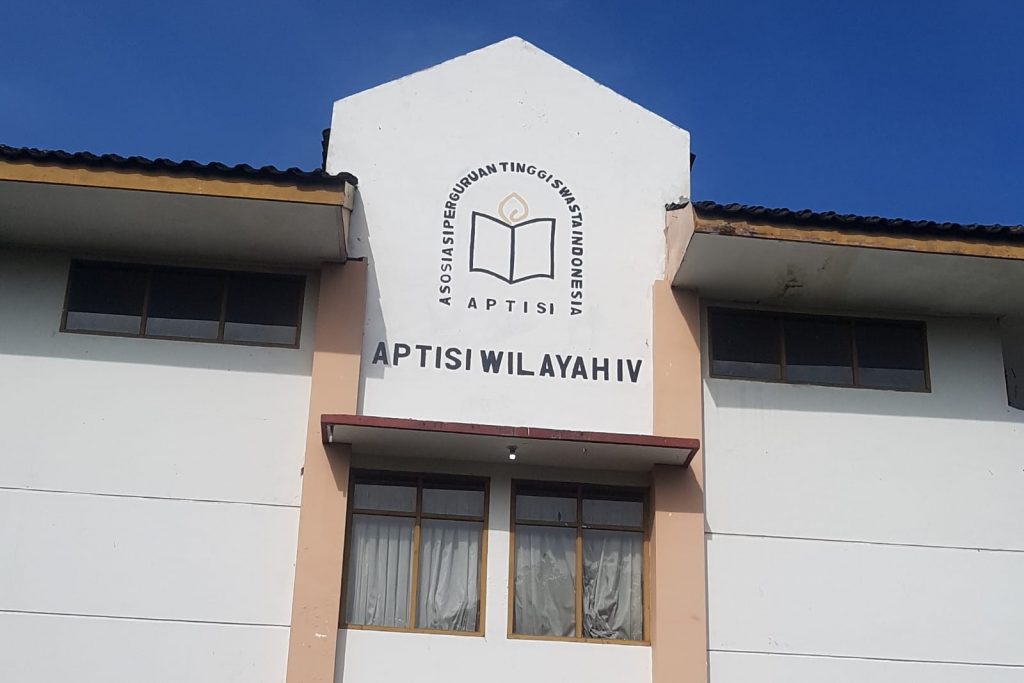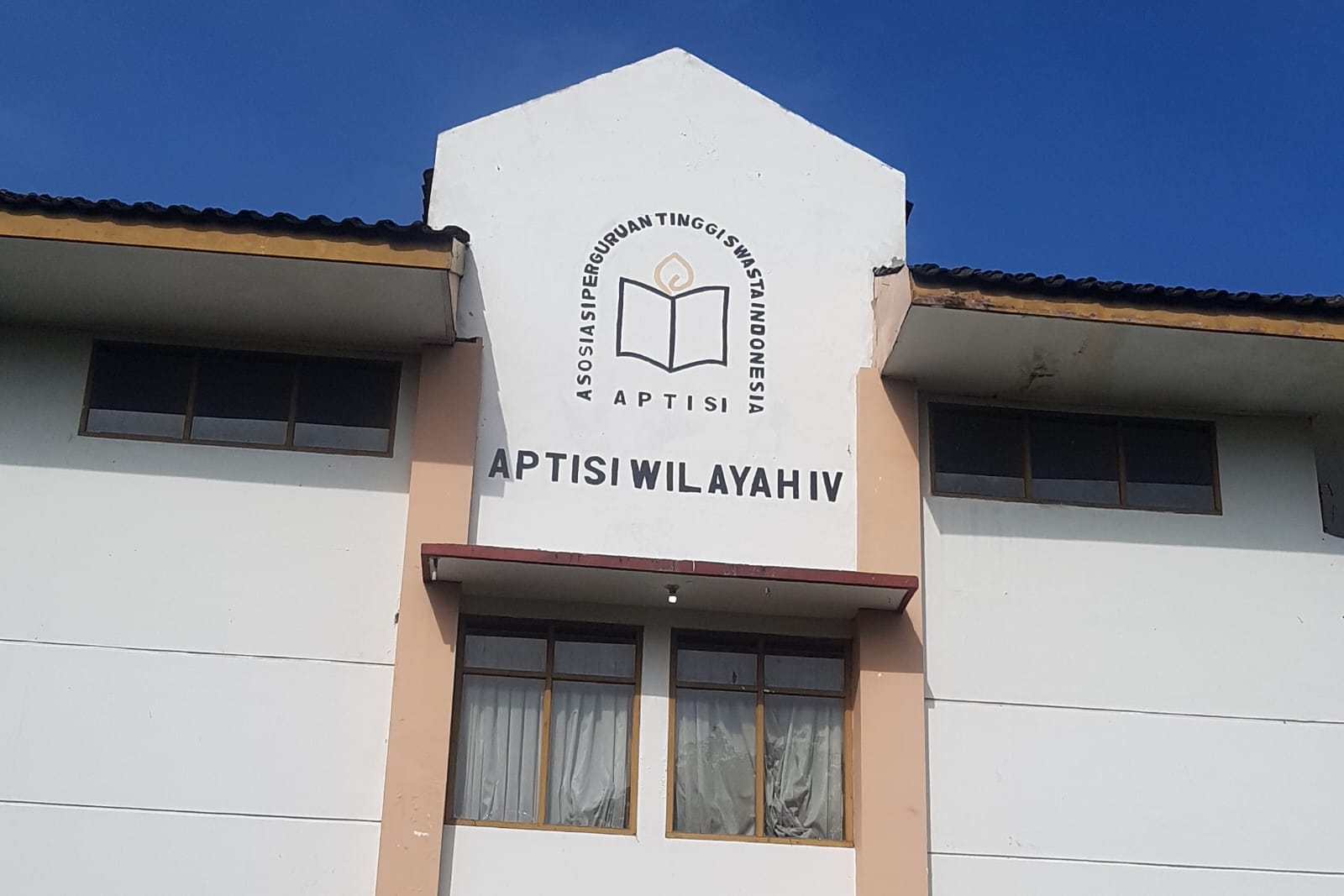
BANDUNG, unpas.ac.id – Indonesian Private University Association (Asosiasi Perguruan Tinggi Swasta Indonesia, Aptisi) for West Java has recently undergone the audience/hearing program with the government regarding accreditation regulation of private university’s study programs and state university’s independent test selection.
West Java Aptisi along with Aptisi in Indonesia asked the government to review the regulation considered to be tarnishing the role and development of private university.
This is the follow-up agenda of the discussion of Sisdiknas Law which has triggered another problem since it lacks of public involvement and has various controversial articles.
Head of West Java Aptisi who is Rector of Universitas Pasundan, Prof. Dr. Ir. H. Eddy Jusuf Sp, M.Si., M.Kom., IPU. said that there are at least three focal aspiration conveyed by Aptisi to House of Representatives (DPR), Ministry of Education, Culture, Research and Technology (Kemendikbudristek) and the President as well.
“Accreditation of study programs is no longer carried out by BAN-PT, but by Independent Accreditation Institution (Lembaga Akreditasi Mandiri, LAM). LAM’s fee of accreditation for one study program is highly pricey and it is such burdensome for private universities,” he explained after the inauguration ceremony of Unpas IKA 2022-2027, on Wednesday, 12 October 2022.
Whereas on the one hand, accreditation is a measure of the quality of private universities. This policy made many campuses unable to renew their accreditation because the costs they have to spend are way too expensive, including new campuses.
However, from the results of the hearing, the problem has reached a common ground. Study program accreditation costs for universities that are still accredited B or C will be borne by the Ministry of Education, Culture, Research and Technology (Kemendikbudristek).
“But universities that have A accreditation or are superior are not covered by the Kemendikbudristek. Meanwhile, for LAM-PTKes, there is no common ground,” he added.
Aptisi also sent its protest about the policy to Kemendikbudristek regarding the admission of new students on independent test selection in various state universities. The self-recruitment system is considered a nuisance and even “kills” private universities in the regions.
“Although not all private universities are given the freedom to recruit as many students as possible, the independent test selection that are opened at the same time as the registration period at private universities are quite disturbing to us,” he added.
The issue of opening study programs outside the main campus (Program Studi di Luar Kampus Utama, PSDKU) of state university did not escape the aspirations of Aptisi. The reason is, PSDKU of state university opens study programs that have a large enough share in private universities. If a state university opens it through PSDKU, people automatically prefer PTN because it is still embedded in the “negara-minded” idea. This is risky for PTS,” he said. (Reta)**
